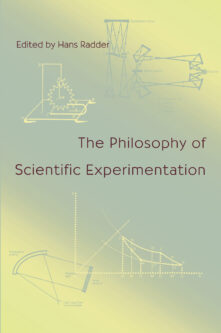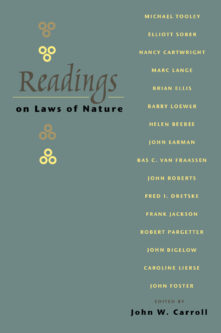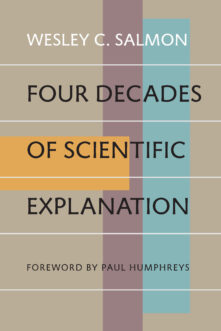Books

Two Philosophers
Aristotle and Ayn Rand
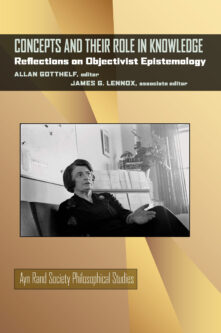
Concepts and Their Role in Knowledge
Reflections on Objectivist Epistemology
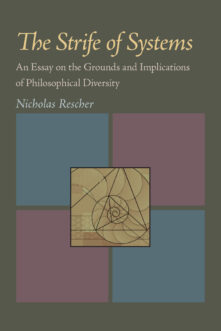
The Strife of Systems
An Essay on the Grounds and Implications of Philosophical Diversity
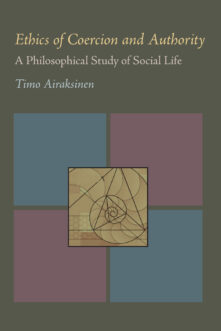
Ethics of Coercion and Authority
A Philosophical Study of Social Life
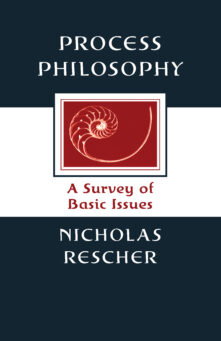
Process Philosophy
A Survey of Basic Issues
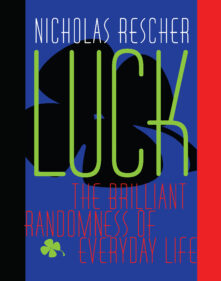
Luck
The Brilliant Randomness Of Everyday Life
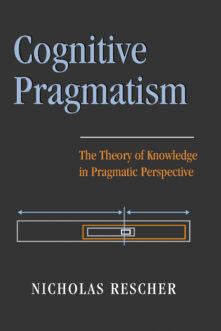
Cognitive Pragmatism
The Theory of Knowledge in Pragmatic Perspective
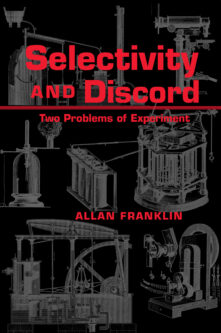
Selectivity And Discord
Two Problems Of Experiment
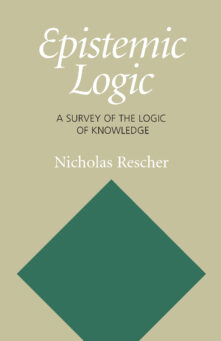
Epistemic Logic
A Survey of the Logic of Knowledge

The Task of the Interpreter
Text, Meaning, and Negotiation
Total 40 results found.



